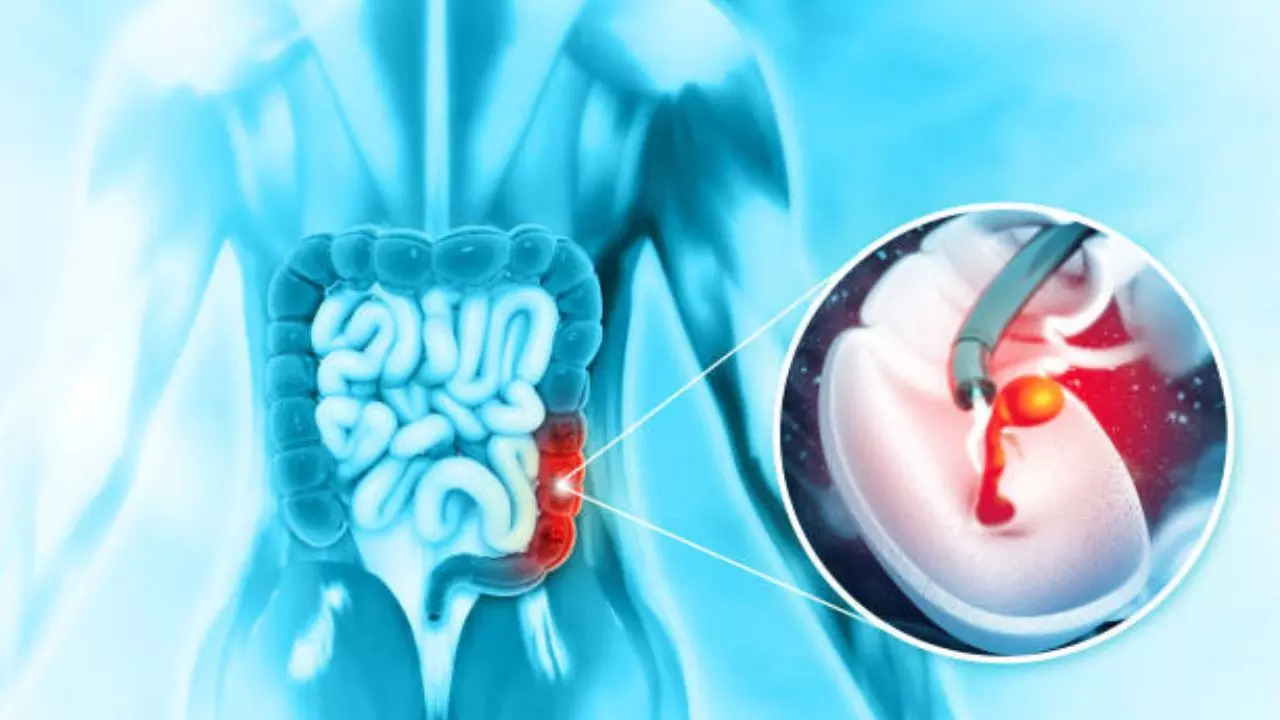People diagnosed with this deadly cancer are more likely to know when the cancer has spread, perhaps because they are unaware of the health changes and symptoms they had before.
Colon cancer has been among the fastest growing cancers worldwide. Although it primarily occurs in people over 50, there has been an unprecedented increase in cases in younger people. Studies say the signs in young people are slightly different than those in typical patients with the disease.
New research has shown that people diagnosed with this deadly cancer are more likely to know when the cancer has spread, perhaps because they are unaware of the health changes and symptoms they had before.
The new study, conducted by Chang Gung Memorial Hospital in Taiwan, looked at 5,000 people with colon cancer. Six in 10 under 50s suffered rectal bleeding before being diagnosed with the disease, compared to less than half of those over 50. Nearly 60 percent of young people with the disease also experienced changes in their health habits before or after diagnosis, compared to 48 percent of older patients.
Doctors claim that the different signs between young and old patients coincide completely. Symptoms such as rectal bleeding, changes in bowel habits and abdominal pain were more common in young people than in those over 50 years of age who are being treated for the disease.
What are the aggressive symptoms in younger patients?
The researchers said their analysis showed a steady increase in cases of early-onset colorectal cancer, with colon cancer up 3.2 percent and rectal cancer up 3.3 percent.
Young patients with colorectal cancer suffer from the most aggressive form of the disease, such as signet ring cell adenocarcinoma and mucinous adenocarcinoma, and were more likely to be diagnosed in advanced stages, III and IV.
Although the results of surgery were similar, the five-year survival rate for early-onset stage IV colorectal cancer was lower than that for late-onset disease. “This study highlights a persistent increase in the incidence of early-onset colon cancer, with patients presenting with more aggressive disease and experiencing inferior survival,” the authors wrote.
What is colon cancer?
According to experts, colon or colorectal cancer begins in the large intestine, the long tube that helps transport digested food to the rectum and out of the body. It develops from certain polyps or growths on the inner lining of the colon. Doctors have screening tests that detect precancerous polyps before they can become cancerous tumors.
However, cancer that is not detected or treated spreads to other areas of the body.
What are the symptoms of colon cancer?
Some common signs and symptoms of colon cancer include:
- Blood in your stool
- Persistent changes in your bowel habits.
- abdominal pain
- stomach swelling
- Unexplained weight loss
- Vomiting and nausea
- Fatigue and shortness of breath
What causes colon cancer?
According to the study, an inactive lifestyle, certain bacteria linked to tumor growth, the use of antibiotics and dietary additives could be potential risk factors for colon cancer, although these factors have not been conclusively proven to be direct causes.
Smoking, heavy alcohol consumption and obesity are also linked to an increased risk of developing colon cancer at a younger age.
Disclaimer:
The information contained in this post is for general information purposes only. We make no representations or warranties of any kind, express or implied, about the completeness, accuracy, reliability, suitability or availability with respect to the website or the information, products, services, or related graphics contained on the post for any purpose.
We respect the intellectual property rights of content creators. If you are the owner of any material featured on our website and have concerns about its use, please contact us. We are committed to addressing any copyright issues promptly and will remove any material within 2 days of receiving a request from the rightful owner.

